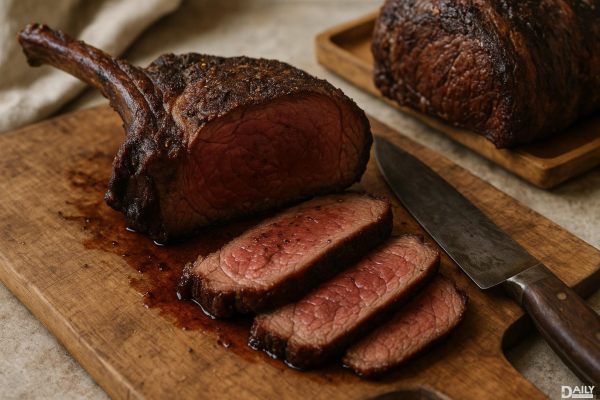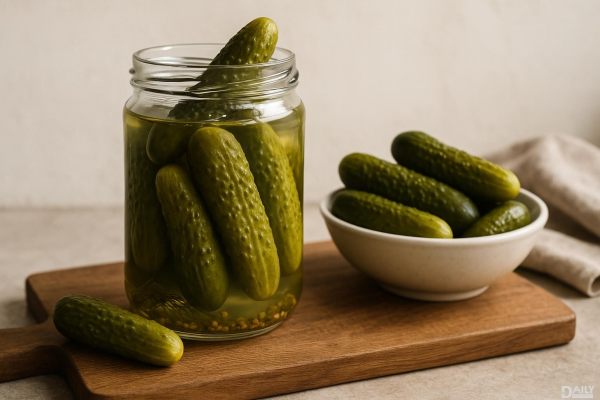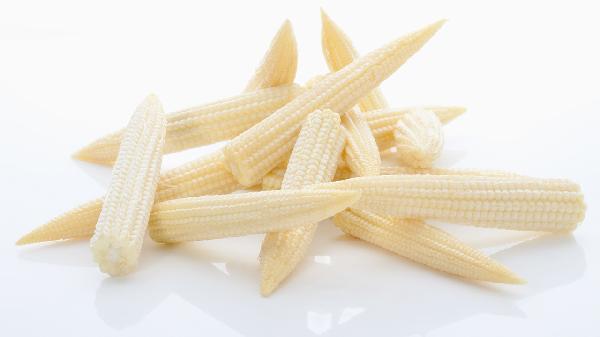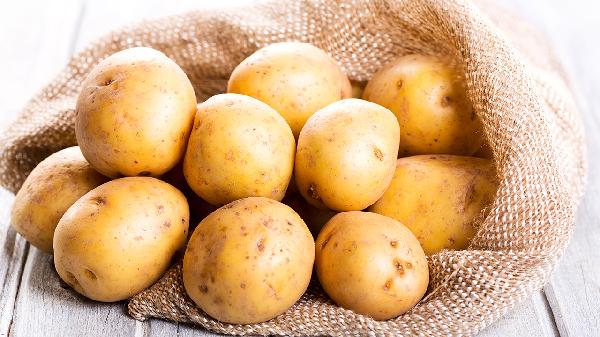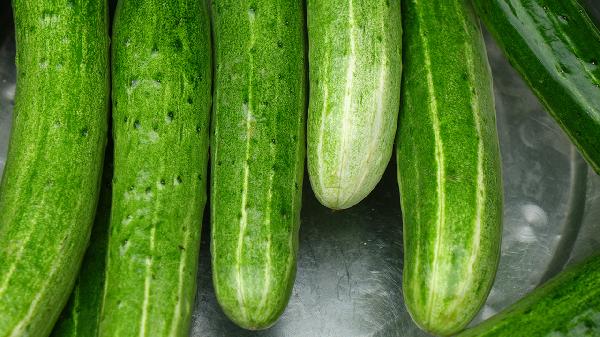If you're trying to build lean body mass, protein is your best friend—but how much do you actually need? The answer isn't one-size-fits-all, but a good starting point is around 0.7 to 1 gram of protein per pound of body weight if you're active. That means if you're a 150-pound gym-goer, you're looking at roughly 105 to 150 grams of protein daily. But let’s break it down further because your goals, activity level, and even your age play a role in dialing in that perfect number.
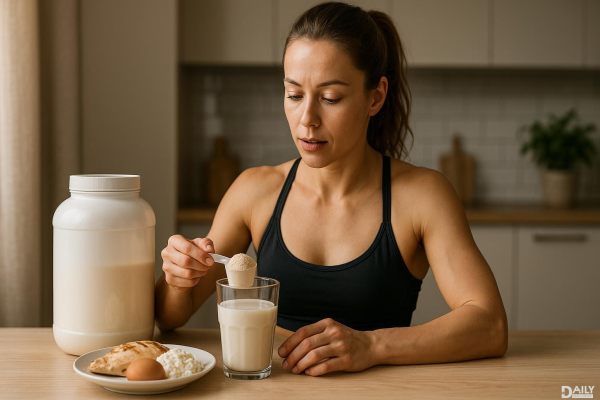
Protein isn’t just for bodybuilders—it’s the building block of muscle. When you work out, especially with resistance training, you create tiny tears in your muscle fibers. Protein swoops in like a repair crew, fixing those tears and making your muscles bigger and stronger in the process. Without enough protein, your body can’t recover properly, and all those hours in the gym might not pay off the way you want. Plus, protein keeps you full, helps regulate blood sugar, and even supports your immune system. So yeah, it’s kind of a big deal.
If you’re mostly sedentary, you can get by with the lower end of the protein spectrum—around 0.36 grams per pound (that’s the RDA for the average person). But if you’re hitting the weights, running, or doing any kind of intense training, your needs shoot up. Endurance athletes might need 0.5 to 0.65 grams per pound, while strength athletes should aim for the higher end (0.7 to 1 gram). And if you’re in a calorie deficit trying to lose fat while preserving muscle? You might even need more—up to 1.2 grams per pound—to prevent your body from cannibalizing your hard-earned muscle for energy.
Here’s something a lot of people don’t realize: as you age, your body becomes less efficient at using protein. This phenomenon, called "anabolic resistance," means older adults might need more protein to get the same muscle-building benefits. Research suggests that people over 50 should aim for at least 1 to 1.2 grams per pound to combat muscle loss (sarcopenia). So if you’re in your golden years and still hitting the gym, don’t skimp on the protein—your muscles will thank you.
Not all protein is created equal. Animal sources like chicken, beef, fish, eggs, and dairy are complete proteins, meaning they contain all nine essential amino acids your body can’t make on its own. But if you’re plant-based, don’t sweat it—you can still hit your goals by combining foods like beans and rice, quinoa, tofu, or tempeh. Whey and casein protein powders are convenient, especially post-workout, but whole foods should always be your foundation. And hey, don’t forget about timing: spreading your protein intake evenly throughout the day (about 20 to 40 grams per meal) maximizes muscle protein synthesis better than loading up in one sitting.
If you’re constantly sore after workouts, struggling to recover, or noticing your strength plateauing, you might be running low on protein. Other red flags include brittle hair and nails, frequent hunger, and even getting sick more often (since protein is crucial for immune function). On the flip side, going way overboard with protein isn’t necessary—your body can only use so much at once, and excess just gets converted to energy or stored as fat. So unless you’re a competitive bodybuilder, there’s no need to force down six chicken breasts a day.
At the end of the day, protein is a key player in building and maintaining lean body mass, but it’s not magic. Pair it with consistent training, enough sleep, and a balanced diet, and you’ll be well on your way to the strong, lean physique you’re after. And remember, nutrition is personal—what works for your gym buddy might not be your sweet spot, so don’t be afraid to tweak your intake based on how your body responds.

